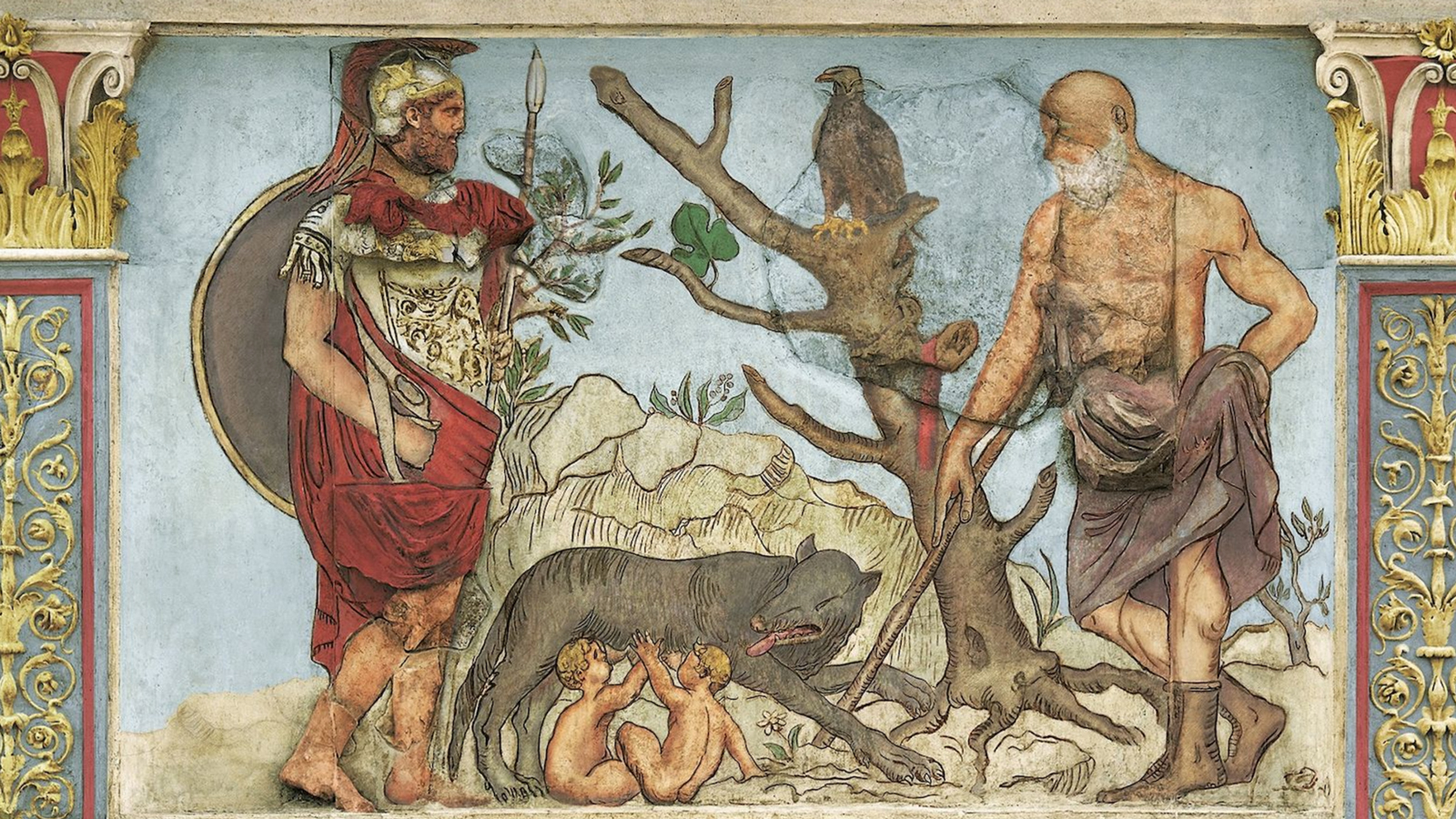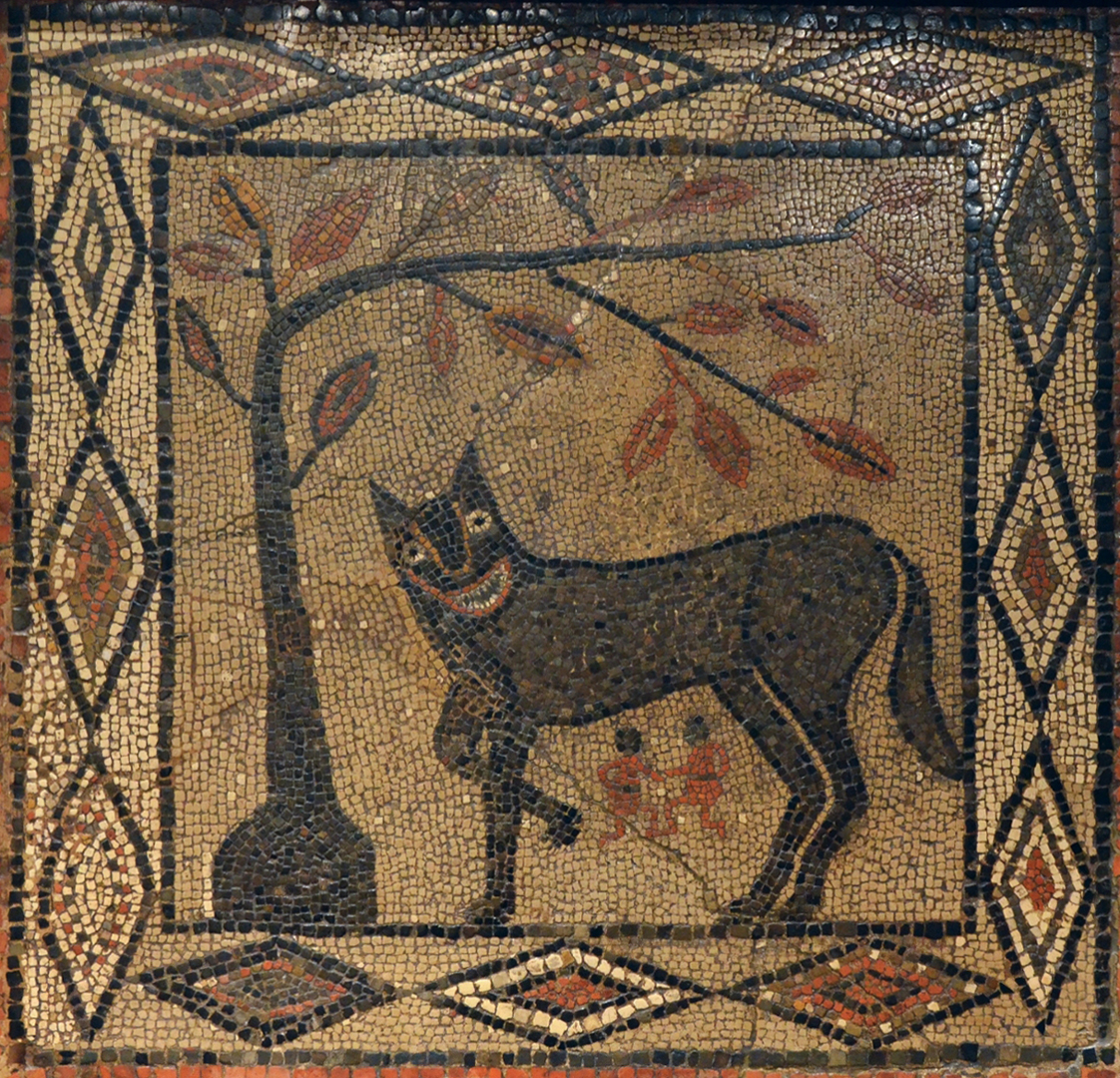Romulus, Remus, the fig tree and the birth of Rome

Ara Pacis, 9 BC, west side, scene of the Lupercale (reconstruction)
The story of the foundation of Rome begins with the dispute between two brothers, Amulius and Numitore, for the throne of the city of Albalonga in ancient Latium. Numitore was ousted by Amulius who, for fear of losing the throne in the future, decided to kill all his brother’s male heirs and forced his daughter, Rea Silvia (a descendant of Aeneas), to become a vestal. In this way, the maiden would not be able to have children and thus would not generate possible rivals. While in temple service, however, Rea Silvia became pregnant and was loved by the god Mars. Twins were born, to whom she gave the names Romulus and Remus.
The uncle then, enraged, ordered the two infants to be killed immediately. The servant in charge, however, did not have the courage to carry out this crime and secretly put the little ones in a basket and entrusted them to the Tiber current in the hope that someone would find them and take care of them.
The basket stopped under a ficus ruminalis (fig tree), right at the foot of the Palatine. In that place and on that same day, a she-wolf, arriving at the river to drink, heard the cries of children. She brought them to the shore, warmed them up and fed them with her milk. Shortly afterwards, the shepherd Faustolo also passed by the place and without hesitation took the two newborns home to his wife, who raised them as if they were the children she could not have.
Now adults and having learnt of their origins, the twins killed Amulius and handed the power of Albalonga back to their grandfather Numitore and, as a colony of the latter, founded a city near the right bank of the Tiber, at the place where they had been suckled by the she-wolf and rescued.
In 753 BC, the city of Rome was born.
The fig tree, therefore, has always been linked to the foundation of Rome and was considered a Faustian tree. The meaning of the attribute ruminalis may have different origins, either because in the shade of the fig tree the ‘ruminant’ beasts stopped to rest, or because of the suckling of the two little ones, since the ancients called the udder ‘ruma’, or simply by linking it to the etymology of Romulus’ name.



